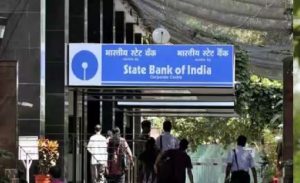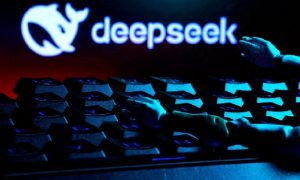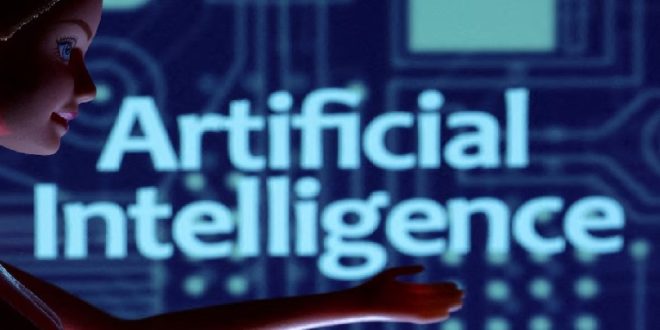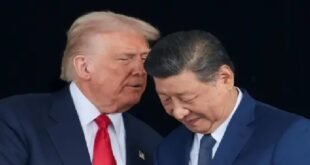06-02-2025
Bureau Report
NEW DELHI: India’s finance ministry has asked its employees to avoid using AI tools including ChatGPT and DeepSeek for official purposes, citing risks posed to confidentiality of government documents and data; an internal department advisory showed.
Countries like Australia and Italy have placed similar restrictions on the use of DeepSeek, citing data security risks. Reports of the advisory surfaced on social media on Tuesday, ahead of a scheduled visit to India by OpenAI chief Sam Altman on Wednesday, when he is also due to meet the IT minister.
 “It has been determined that AI tools and AI apps (such as ChatGPT, DeepSeek etc.) in the office computers and devices pose risks for confidentiality of (government) data and documents,” said the advisory by the Indian finance ministry dated Jan. 29.
“It has been determined that AI tools and AI apps (such as ChatGPT, DeepSeek etc.) in the office computers and devices pose risks for confidentiality of (government) data and documents,” said the advisory by the Indian finance ministry dated Jan. 29.
Representatives for India’s finance ministry, ChatGPT-parent OpenAI and DeepSeek did not immediately respond to requests for comment.
Three finance ministry officials said the note was genuine and the note was issued internally this week.
Reuters could not immediately confirm whether similar directives have been issued for other Indian ministries.
OpenAI is facing heat in India due to a high-profile copyright infringement battle with the country’s top media houses, and has said in court filings that it does not have its servers in the country and Indian courts should not hear the matter.
Meanwhile, Microsoft-backed OpenAI sought to block on Tuesday India’s biggest media organizations, including those of billionaires Gautam Adani and Mukesh Ambani, from joining a copyright lawsuit that is set to shape the legal framework for AI in India.
Courts globally are hearing cases from authors, news organisations and musicians who accuse technology firms of using their copyrighted work to train artificial intelligence services without permission or license. India is OpenAI’s second-largest market by number of users, after the United States.
 In India, the case began with legal action last year by local news agency, and in recent weeks book publishers and almost a dozen digital media outlets, including those owned by Adani and Ambani, have sought to join the case to challenge the AI giant.
In India, the case began with legal action last year by local news agency, and in recent weeks book publishers and almost a dozen digital media outlets, including those owned by Adani and Ambani, have sought to join the case to challenge the AI giant.
Earlier on Tuesday, media reported OpenAI had in a filing sought to dismiss the book publisher’s case, saying its ChatGPT service only disseminates public information. Later in court, OpenAI lawyer Amit Sibal said he would oppose the bid by media organizations to join the case.
“I have an objection, I wish to file a reply,” Sibal told the court, referring to a written reply he would submit with reasoning in due course.
OpenAI maintains it only uses publicly available data in a manner protected by fair use principles. Asked for comment on Tuesday, it referred Reuters to its earlier statements and the court filing challenging the book publishers.
OpenAI has also said, in its initial response to the ANI case, that Indian judges have no jurisdiction to hear a case against it as its servers are located abroad.
During Tuesday’s hearing, OpenAI’s lawyer Sibal also sparred with other opposing lawyers over media reporting on the lawsuit.
OpenAI objected to articles appearing in media which were based on interviews and non-public court applications of book publishers and Indian news groups, saying “reliefs are being pursued in two courts, this court and the public court”.
 Pressmediaofindia
Pressmediaofindia




